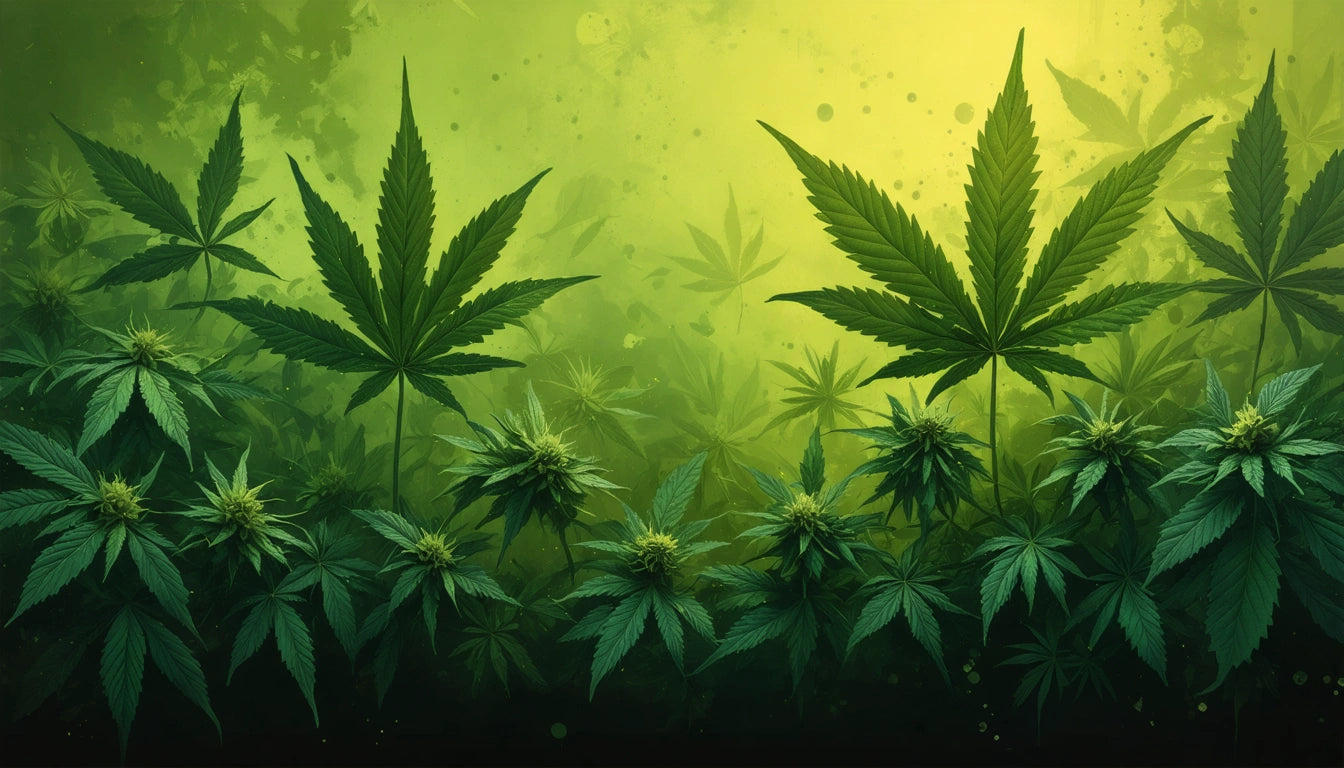Table of Contents
- General Considerations for Cannabis Use After Medical Procedures
- Can You Take Edibles After Wisdom Teeth Removal?
- Edibles and Anesthesia: Important Interactions
- Can Transplant Patients Have Edibles?
- Medication Interactions with Cannabis Edibles
- Safer Alternatives and Consumption Methods
- Patient Recommendations and Best Practices
Can You Consume Edibles After Surgery or Medical Procedures?
Patients often wonder about resuming cannabis consumption after medical procedures. Whether recovering from wisdom teeth extraction, major surgery, or while on medication, the question of edibles safety requires careful consideration. This guide explores the risks, timing considerations, and alternatives for cannabis use during recovery periods.
General Considerations for Cannabis Use After Medical Procedures
Cannabis, particularly in edible form, can affect healing processes and interact with medications commonly prescribed post-procedure. Guidelines for edibles consumption before and after surgery emphasize several key factors that patients should consider.
Primary concerns include:
- Potential interactions with anesthesia and pain medications
- Effects on blood pressure and heart rate
- Impact on immune function during healing
- Risk of dry mouth affecting oral surgery recovery
- Cognitive impairment affecting post-procedure care instructions
Most medical professionals recommend waiting at least 24-72 hours after any procedure before considering cannabis consumption, with longer periods advised for major surgeries.
Can You Take Edibles After Wisdom Teeth Removal?
The question "can you eat edibles after wisdom teeth pulled" or "can you take edibles after wisdom teeth out" is common among younger patients. Dental professionals generally advise against it for several reasons:
Risks of Dry Socket
Cannabis consumption can reduce saliva production, creating dry mouth conditions that may increase the risk of dry socket, a painful condition where the blood clot at the extraction site becomes dislodged or dissolves.
Suction Concerns
While edibles might seem safer than smoking, the act of chewing can create pressure changes in the mouth. Additionally, many patients instinctively suck through their teeth when experiencing mouth numbness, which could dislodge healing blood clots.
Most oral surgeons recommend waiting at least 7-10 days before resuming any cannabis use, including edibles. Understanding the risks of edible cannabis consumption is particularly important during this sensitive recovery period.
Edibles and Anesthesia: Important Interactions
For those wondering "can you take an edible after anesthesia," the answer requires understanding how these substances interact. Anesthesia medications remain in your system for varying periods depending on the type used and individual factors.
THC can potentially:
- Prolong the sedative effects of anesthesia
- Affect blood pressure unpredictably
- Intensify feelings of nausea or dizziness
- Interfere with pain management strategies
Anesthesiologists typically recommend waiting until you've fully cleared anesthesia from your system and have stopped taking prescribed pain medications before introducing cannabis. This usually means waiting at least 24-48 hours, but could be longer for more intensive procedures.
Can Transplant Patients Have Edibles?
Transplant patients face unique considerations regarding cannabis use. The immunosuppressive medications required after transplantation create significant concerns:
Medication Interactions
Cannabis compounds can affect how the liver metabolizes anti-rejection medications, potentially leading to toxic levels or reduced effectiveness. This is particularly concerning as proper medication levels are critical for transplant success.
Infection Risks
Immunocompromised patients must be extremely cautious about potential contaminants. Even dispensary products should be approached with caution, and many physicians recommend products with secure, child-resistant packaging that maintains product integrity if cannabis use is approved by their medical team.
Most transplant centers have strict policies regarding cannabis use, and patients should always disclose and discuss cannabis use with their transplant team before considering consumption.
Medication Interactions with Cannabis Edibles
Post-surgical recovery often involves multiple medications that may interact with cannabis:
- Pain medications (opioids, NSAIDs)
- Antibiotics
- Anti-nausea medications
- Blood thinners
- Sedatives
These interactions can be unpredictable and potentially dangerous. The safety of consuming edibles while taking antibiotics depends on the specific antibiotic and individual factors. Generally, waiting until you've completed your medication course is safest.
The liver processes both many medications and cannabis compounds, creating potential for competitive inhibition that can alter drug effectiveness or increase side effects.
Safer Alternatives and Consumption Methods
If approved by your healthcare provider, certain cannabis consumption methods may be safer than others during recovery:
Tinctures and Oils
These can be easier to dose precisely and don't require chewing, making them potentially safer after oral procedures.
Topicals
For localized pain, cannabis-infused topicals applied away from surgical sites may provide relief without systemic effects.
Regardless of method, starting with minimal doses is essential when reintroducing cannabis after medical procedures. Understanding edibles potency is crucial to avoid overconsumption during this sensitive time.
Patient Recommendations and Best Practices
The safest approach to cannabis use after medical procedures includes:
- Full disclosure with all healthcare providers about cannabis use
- Following specific waiting periods recommended by your doctor
- Starting with lower doses than usual when resuming use
- Monitoring for adverse effects or complications
- Understanding how cannabis might impact stomach health and liver function during recovery
While cannabis may offer symptomatic relief during recovery, patient safety must remain the priority. Always consult with healthcare providers familiar with your specific medical history and procedure before resuming cannabis use in any form.











Leave a comment
All comments are moderated before being published.
This site is protected by hCaptcha and the hCaptcha Privacy Policy and Terms of Service apply.